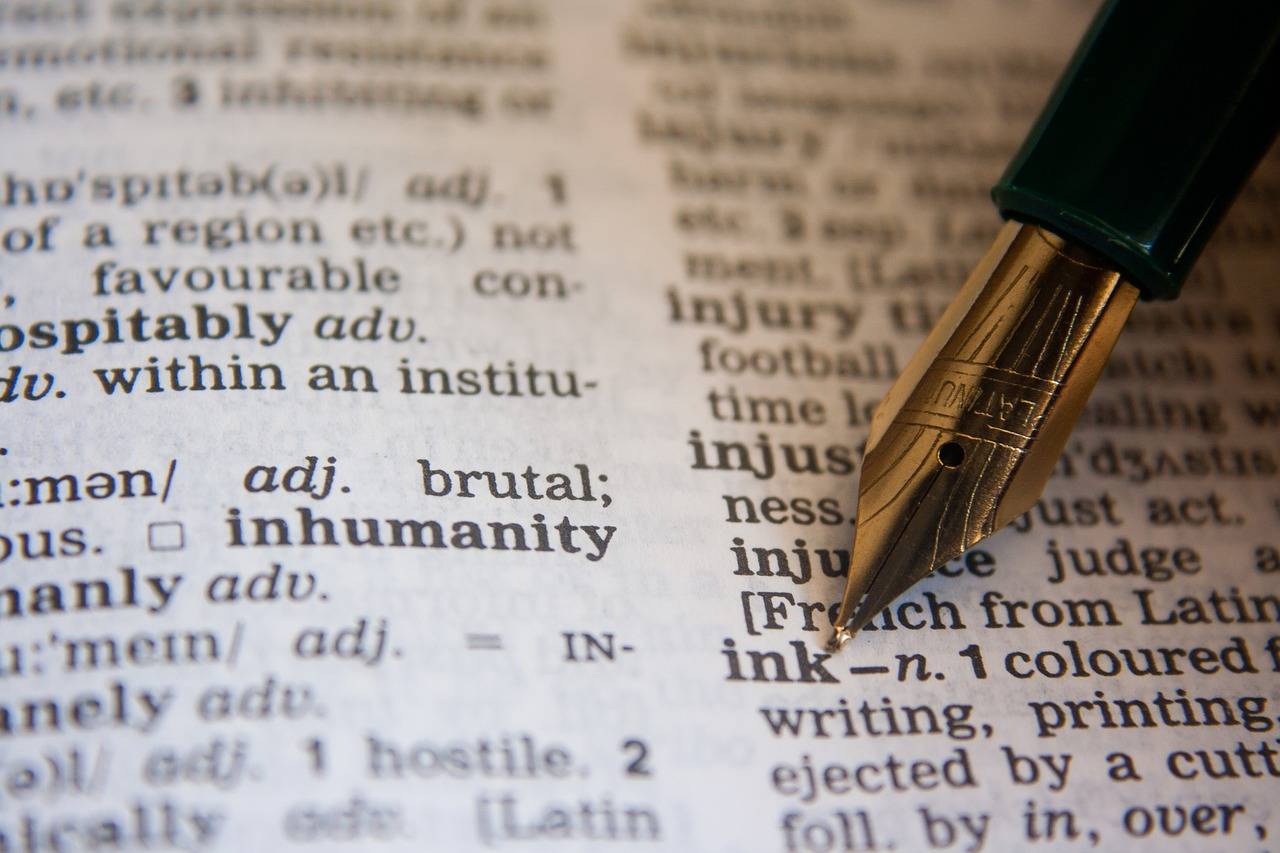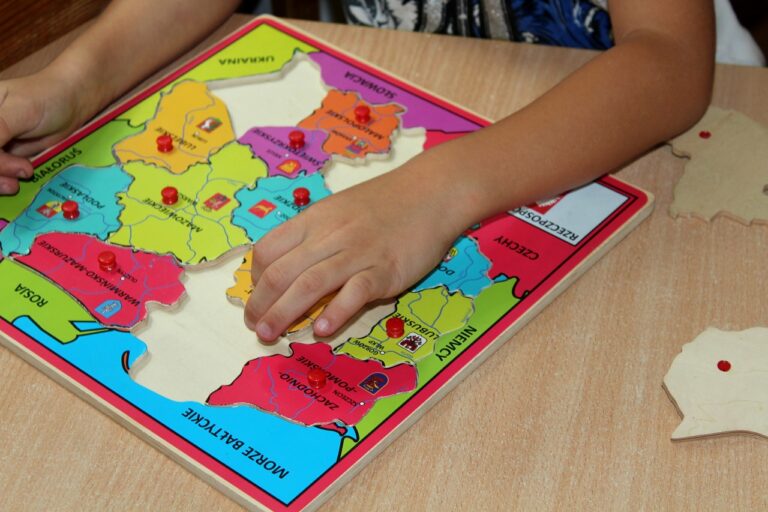Education and the Ethics of Artificial Intelligence
Artificial Intelligence (AI) is revolutionizing the education sector by offering innovative solutions to enhance learning experiences for students. With AI technology, educators can now personalize learning paths for each student, catering to their individual needs and learning styles. This level of customization allows for a more engaging and effective learning environment, ultimately leading to improved academic outcomes.
In addition to personalized learning, AI is also being utilized to streamline administrative tasks within educational institutions. From grading assignments to managing schedules, AI systems can automate tedious processes, freeing up valuable time for educators to focus on teaching and mentoring students. This increased efficiency not only benefits teachers but also contributes to a more seamless educational experience for all stakeholders involved.
The Impact of AI on Student Learning
Artificial Intelligence (AI) has revolutionized the landscape of education by personalizing learning experiences for students. Through AI-powered tools and platforms, educators can tailor teaching methods to individual student needs, promoting more effective learning outcomes. With AI, students can receive real-time feedback on their progress, enabling them to address areas of weakness promptly and improve their overall understanding of the subject matter. This personalized approach not only enhances student engagement but also fosters a deeper level of comprehension and mastery.
Moreover, AI has the capability to analyze vast amounts of data to identify patterns in student learning behaviors. By leveraging this data, educators can gain valuable insights into student performance trends and adapt their teaching strategies accordingly. This data-driven approach enables educators to provide targeted interventions for struggling students and challenge high-achieving students with advanced materials. As a result, AI facilitates a more responsive and adaptive learning environment that caters to the individual needs of each student, ultimately enhancing the overall learning experience.
What is artificial intelligence?
Artificial intelligence (AI) refers to the simulation of human intelligence processes by machines, typically computer systems.
How is AI being used in education?
AI is being used in education to personalize learning experiences, provide real-time feedback to students, automate administrative tasks, and enhance teacher efficiency.
What are some examples of AI applications in education?
Some examples of AI applications in education include intelligent tutoring systems, virtual learning assistants, plagiarism detection tools, and automated grading systems.
How does AI impact student learning?
AI can have a positive impact on student learning by providing personalized learning experiences, identifying areas where students may need additional support, and facilitating more efficient and effective teaching methods.
Are there any potential drawbacks to using AI in education?
Some potential drawbacks to using AI in education include concerns about data privacy and security, the risk of relying too heavily on technology for learning, and the possibility of widening the achievement gap between students.
How can educators effectively integrate AI into their teaching practices?
Educators can effectively integrate AI into their teaching practices by staying informed about the latest advancements in educational technology, collaborating with AI developers to create customized solutions for their classrooms, and continuously evaluating the impact of AI on student learning outcomes.





